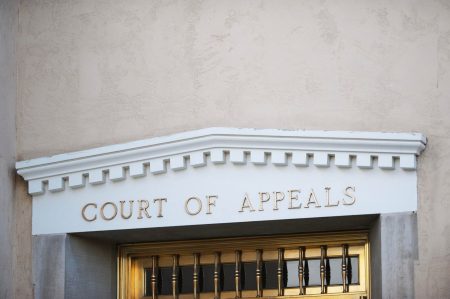The Fourth Industrial Revolution, driven by technologies like artificial intelligence (AI), presents challenges reminiscent of the Telegraph Revolution. Beyond merely adapting to shifting consumer expectations, we must confront the complex interplay of conflicting societal interests exacerbated by the globalized nature of these technologies. Just as the telegraph sparked debates about free speech versus corporate control, AI raises critical questions about the balance between security and privacy. The powerful pattern detection capabilities of AI can enhance surveillance, but this often comes at the expense of civil liberties and personal freedoms. Navigating these tensions requires a nuanced approach that considers diverse perspectives and acknowledges the varying cultural and political landscapes across the globe. The historical precedent of the International Telegraph Union offers valuable insights for addressing this challenge, suggesting a path towards polycentric governance for AI.
The core challenge of AI governance lies in assessing and balancing competing interests. AI-driven surveillance, for instance, can significantly enhance national security by identifying potential threats. However, it also carries the risk of infringing on fundamental rights such as privacy and freedom of expression. Balancing these competing values requires a framework analogous to the legal principle of proportionality, where the extent of infringement on one right is weighed against the potential benefits gained in another area. However, in the context of AI governance, this assessment should not be confined to legal experts. Instead, it necessitates a broader, multi-stakeholder approach. Civil society groups, technology experts, ethicists, policymakers, and representatives from affected communities should all have a voice in this process. This inclusive approach is crucial for ensuring that the evaluation considers diverse perspectives and avoids biases that might favor one interest over others.
The complexity of balancing competing interests is further magnified by the global reach of AI. Different cultures, political systems, and societal values will inevitably lead to varying interpretations of the acceptable trade-offs between security and privacy, or innovation and equity. A uniform, top-down approach to AI governance is therefore unlikely to be effective or equitable. A social democracy, prioritizing collective well-being, might be more tolerant of surveillance technologies compared to a liberal democracy that places a higher premium on individual liberties. These differences underscore the need for a decentralized, context-specific approach to AI governance. The historical example of the International Telegraph Union provides a useful model, demonstrating how global cooperation can be achieved while respecting national sovereignty.
The International Telegraph Union successfully managed the global adoption of the telegraph by establishing universal technical standards while allowing individual nations to retain control over domestic pricing and infrastructure. This model can inform the development of a global AI governance framework. Universal ethical principles, such as transparency, fairness, accountability, and safety, can serve as a common foundation. However, the specific implementation and interpretation of these principles should be tailored to individual national contexts, allowing for flexibility and respecting cultural diversity. This localized approach ensures that AI governance frameworks are relevant and effective within specific societal contexts.
Polycentric governance emerges as the most appropriate framework for addressing the multifaceted challenges of global AI governance. Unlike centralized models, where power is concentrated in a few hands, polycentric systems distribute decision-making authority across multiple levels and actors. This decentralized approach acknowledges the diverse values and interests at play and allows for greater adaptability and responsiveness to local contexts. Drawing on Elinor Ostrom’s principles for polycentric governance, a robust framework for AI governance would incorporate: clearly defined boundaries of responsibility, mechanisms for collective decision-making, effective conflict resolution processes, and recognition of nested governance structures from local to global levels.
By embracing polycentric governance, we can create a more agile and inclusive system for navigating the complex ethical and societal implications of AI. This approach allows for a balance between global cooperation on fundamental principles and local autonomy in their application. It also fosters greater participation from diverse stakeholders, ensuring that the governance of AI is informed by a wide range of perspectives. Ultimately, a polycentric approach can help us harness the transformative potential of AI while mitigating its potential risks and ensuring its benefits are shared equitably across the globe. This requires fostering continuous dialogue and collaboration among governments, civil society organizations, industry actors, and research institutions to adapt to the rapidly evolving landscape of AI and its societal impact.










